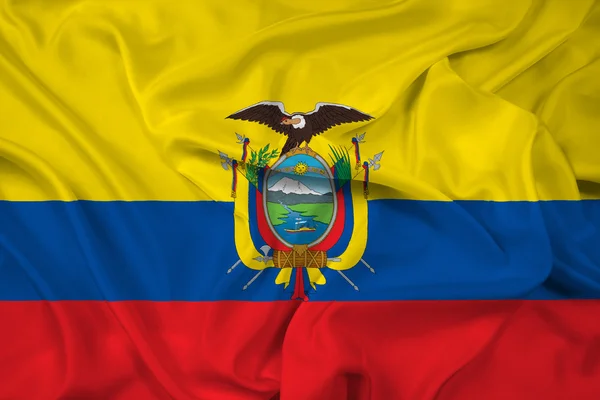
The start of 2024 was marked by yet another war. The nation of Ecuador has officially declared war on drugs at the beginning of this year, and it has inevitably resulted in a strong wave of chaos, violence, and uncertainty in the country.
This conflict might seem internal only, not worrying the rest of the international community, but we should all be assured that the conflict won’t limit itself to the borders of Ecuador. A variety of international mechanisms come into play with this announcement, and the effects for the neighboring countries are inevitably bound to happen.
But before we start to analyze all the international components that need to be considered in this conflict, we must first understand how and why the conflict came into existence. Drug trafficking is nothing new in the country; however, the development of this official declaration of war came after many horrific events.
Ecuador has for the longest time been considered a peaceful nation, even when it is present in the middle of two of the main cocaine manufacturers in the world. So how come all of this came all of a sudden? Well, as mentioned previously, drug trafficking, although not a main problem for the country, is still high, and there are many significant groups in Ecuador that are involved in this business.
The two main groups had long maintained a sense of peace among them; however, their vast dispersion had led to some conflict over territory. And due to Ecuador’s positions, some foreign gangs then started to take sides with Ecuadorian gangs, escalating the problem to a higher degree. Between 2022 and 2023, the homicide rates nearly doubled as presidents failed to crack down on the drug cartels, and in 2024, a state of emergency was announced.
In early January 2024, reports show that two gangs in Ecuador had escaped prison, and since then, a state of emergency has been announced. On a news live stream, a group of armed men stormed the studio and held their weapons to the faces of the presenters, taking production hostages and wreaking havoc on live television. Beyond that, there have been attacks in hospitals, businesses, and universities, on top of riots, bombs, and even prison guards being reportedly kidnapped and murdered.
But what does the official declaration of war mean for Ecuador? Essentially, it would mean that police authorities are allowed to let go of their legal limitations and can now impose their force under the excuse of securing stability amidst the war. In other words, the nation’s armed forces are now adopting a position where their role is the same as that of war and not as peacekeepers.
This arbitrary power can be extremely dangerous because it eliminates the possibility of future prosecution of their actors, who can now over-impose their authority, allowing for many crimes to be committed by the ones they are there to protect. Freedoms are now suppressed and limited, leaving us wondering how citizens will be handled in the current situation.
In order to control this, the international community, throughout its development, has had treaties in place that demand a nation’s respect in order to promote human rights, international cooperation, peace, and security. A more direct example would be the Geneva Convention of 1949 and the Additional Protocol II of 1977.
Under these international mechanisms, arbitrary executions, torture, and the mistreatment of captured individuals are all still considered illegal and a direct attack on the international order. But how effective will these mechanisms be in the actual day-to-day? What would need to happen for the sanctions to be applied?
We are only left to ponder these questions as another conflict claims the lives of millions of individuals whose only hope is that authorities do their job in the most effective way to protect them and that the international community takes immediate actions to aid them in doing so.
By The European Institute for International Law and International Relations
REFERENCES















